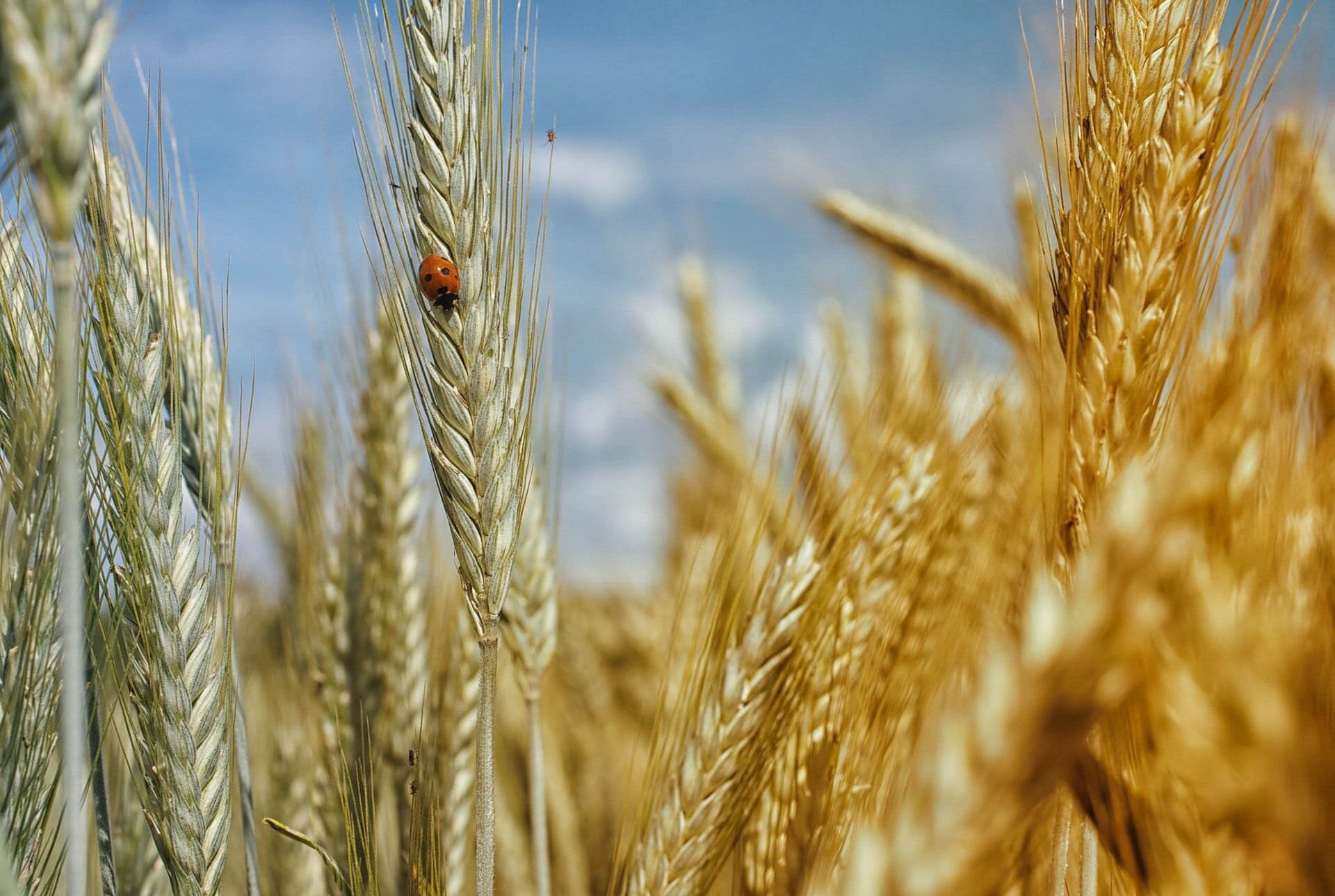Are Grains and Carbs Bad for You?
/There’s so much conflicting information on the internet. One “expert” says grains are bad for you, follow the Paleo diet. Others say all carbs are bad, follow the Keto diet. And still others say grains are good for you and you should eat them several times a day. What should you believe?
As a registered dietitian and nutrition consultant, this is one of the many questions clients ask me about and are very confused and frustrated about. I get it! It can be hard to figure out who really is an expert. And nutrition advice and recommendations do change as we gather more research and learn more about how different foods affect the body. It’s also true that what works for one woman’s body may not be good for another woman. One size definitely doesn’t fit all when it comes to nutrition.
So, let’s talk about grains, based on research and what we know right now. First of all, what are grains? They’re all the foods that are made from wheat, rice, oats, cornmeal, barley or any other cereal grain. Grains are divided into two groups – Refined Grains and Whole Grains. Refined grains are usually highly processed and have been stripped of their fiber, iron and B vitamins. Examples of refined grains are white bread, pasta, white rice, baked goods and many crackers and snack foods. Whole grains have the whole grain kernel still intact. Examples include breads and pastas made from whole wheat or whole grain flours, oatmeal, brown rice, wild rice, quinoa and popcorn.
Whole Grain Bread. Photo by Tetiana SHYSHKINA on Unsplash
Back to the question, “Are Grains and Carbs Bad for You?” The answer is: it depends. Highly processed refined grains and carbs have little redeeming value. They have very little nutrition left by the time you eat them. When eaten frequently and in large quantities refined carbs are thought to change your metabolism, which can lead to high cholesterol (think heart disease), high insulin levels (think diabetes) and greater weight gain even when eating the same amount of calories. So, yes refined grains and carbs are “bad” or unhealthy for you.
Whole grains, on the other hand, have lots of redeeming value. Research shows whole grains can actually help lower your risk of heart disease, type 2 diabetes and some types of cancer. And it gets even better. In the last 15 years, there has been a lot of research looking at ways we can prevent memory loss (cognitive decline), Dementia and Alzheimer’s Disease. This is an area of nutrition I’m really passionate about! It’s so exciting that we don’t have to just cross our fingers and hope we don’t have memory loss as we age, but we can actually take action! One of the foods thought to slow or prevent cognitive decline is whole grains. So along with helping to prevent heart disease and diabetes, they also help prevent memory loss.
So, the next question is, how many servings of whole grains do you need? There isn’t a “one-size-fits-all” answer to this because it depends on your age, gender, physical activity, health conditions and the calories you need. Talk with a registered dietitian to find out how much you need personally, and in the meantime the US Dietary Guidelines recommend at least half of your grain servings per day should come from whole grains. A serving of grains is 1 slice of bread, 1 cup of dry cereal (or ½ cup cooked cereal), or ½ cup of cooked rice or pasta. Go ahead and add up the number of grain servings you typically eat per day, divide in half, then make sure you’re getting that number (or more) servings of whole grains.
To help you start adding more whole grains to your day (and at the same time boost your memory), try these quick and easy recipes:
Quinoa with Red Pepper & Black Beans
A Unique Baked Whole Grain Pasta
I’d love to hear what foods and recipes you make to get your whole grains each day! Leave a comment below.






















